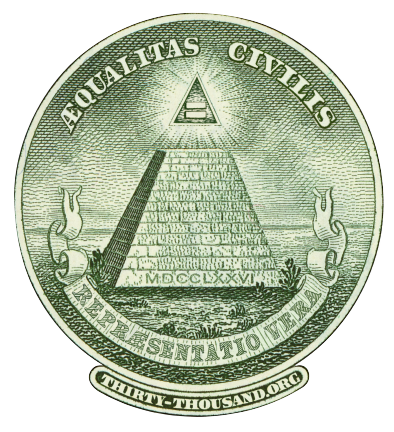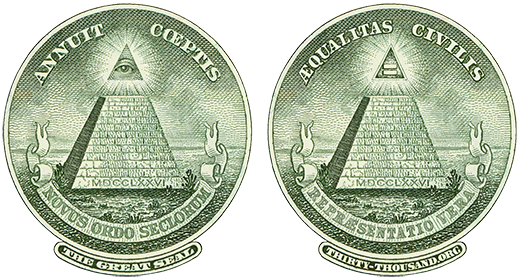The Smallness of the Proportion
George Washington and “Thirty-Thousand”
September 17, 1787, was the final day of the Constitutional Convention in Philadelphia. Two days earlier the convention unanimously agreed to the text of the Constitution and, having since been engrossed on the parchment, it was now ready to be signed by all the delegates.
Despite that, an urgent proposal had just been made to the assembly by the delegate from Massachusetts. Nathaniel Gorham stated that he wished, for the purposes of lessening the objections to the Constitution, that the clause declaring “the number of Representatives shall not exceed one for every forty thousand…” might be reconsidered in order to strike out “forty thousand” and replace it with “thirty thousand”. Said motion having been seconded by others present, George Washington rose to address this question. Though he had been the President of the convention, this was the first time he addressed the assembly on a substantive matter.
“When the President rose, for the purpose of putting the question, he said that although his situation had hitherto restrained him from offering his sentiments on questions depending in the House, and it might be thought, ought now to impose silence on him, yet he could not forbear expressing his wish that the alteration proposed might take place. It was much to be desired that the objections to the plan recommended might be made as few as possible.The smallness of the proportion of Representatives had been considered by many members of the Convention, an insufficient security for the rights & interests of the people. He acknowledged that it had always appeared to himself among the exceptionable parts of the plan; and late as the present moment was for admitting amendments, he thought this of so much consequence that it would give much satisfaction to see it adopted.”1From the Records of the Federal Convention Page 644.
Referring to forty thousand, Washington observed that the “smallness of the proportion of Representatives had been considered by many members of the Convention an insufficient security for the rights & interests of the people”. In this context, General Washington is using “proportion” to refer to “the comparative relation of one thing to another”.2This is the first definition of “proportion” provided by the 1828 Webster dictionary. That is, he believed that a House of Representatives comprised of one Representative for every 40,000 would be too small in proportion to the total population. Consequently, in order to make the proposed constitution more acceptable to the people, a majority of the convention delegates agreed to enlarge the House by reducing the representational divisor from 40,000 to 30,000.
Facing no opposition, General Washington’s proposal was affirmed unanimously. The word forty was then partially erased so that it could be changed to thirty. (This alteration was noted in the Constitution as: “the Word ‘Thirty’ being partly written on an Erazure in the fifteenth Line of the first Page…”.) In fact, as shown below, a residual tinge from the erased text is still evident when viewing the Constitution.

Explore More Topics:
- 1From the Records of the Federal Convention Page 644.
- 2This is the first definition of “proportion” provided by the 1828 Webster dictionary.





